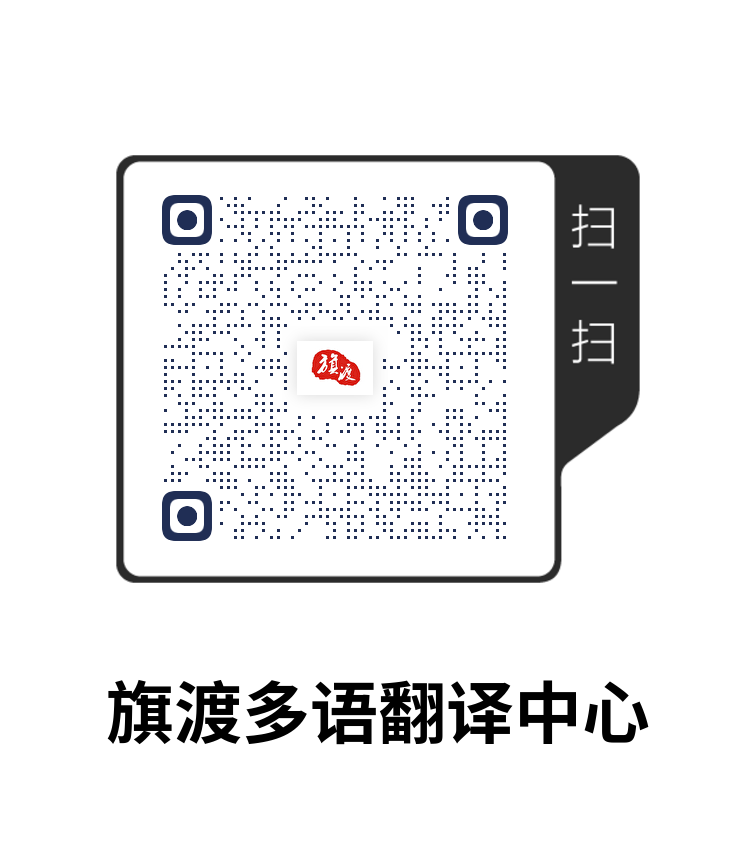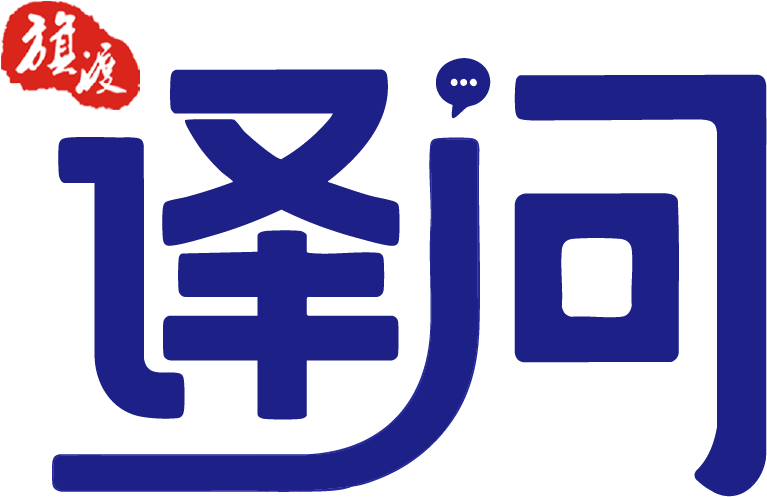1.provision 在合同中常以“条款”出现,但在供货协议中也常有“提供”的意思。
2.book 常见词义为“书本”,在会计相关文件中词义多为“账簿”。
3.policy 常见词义为“政策”,但也会以“保险”的词义出现。
4.collect 常见词义为“收集”,和tax搭配有“征收”的意思。如“collect tax”征税。
5.title 常见词义为“标题”,但也有“所有权”的词义。
示例:The Company shall continuously own, directly or indirectly, the following inherent or subordinate rights, titles and interests。
公司持续地、直接或间接地拥有以下事物内在的或从属的权利、所有权和利益。
6.property 常见词义为“财产”,也有“所有权”的意思。
示例:Property of the Goods and risk of damage and loss shall be transferred to the Distributor at the time when Supplyer delivers the goods to the Distributor or its carrier.
当供应商向经销商或其承运人交货时,货物所有权和毁损灭失风险转移至经销商。
7.satisfaction 常见词义为“满足”,也多以复数形式出现,词义为“赔偿”。
8.let 常见词义为“让,使”,租赁合同中多为“出租”。
9.due 常见词义为“到期的”,也多以复数形式出现,词义为“费用”。
10.principal:常见词义为“主要的”,在授权书中多为“委托人”。
11.customs 词义“海关”。与“custom(习俗)”相似,但仅在复数时为“海关”。
12.incidental 常见词义“偶然的”(在合同中经常出现),也多以复数形式出现,词义为“杂费”。
示例:In no event, shall either party be liable to the other, whether as a result or breach of this agreement, tort or otherwise, for any indirect, special, incidental, punitive, or consequential, damages arising, under or in connection with a breach or alleged breach of this agreement.
各方绝对无需向对方承担,与违反或宣称违反本协议引起或相关的,间接、特殊、偶发、惩罚性或后果性的损失赔偿金。

